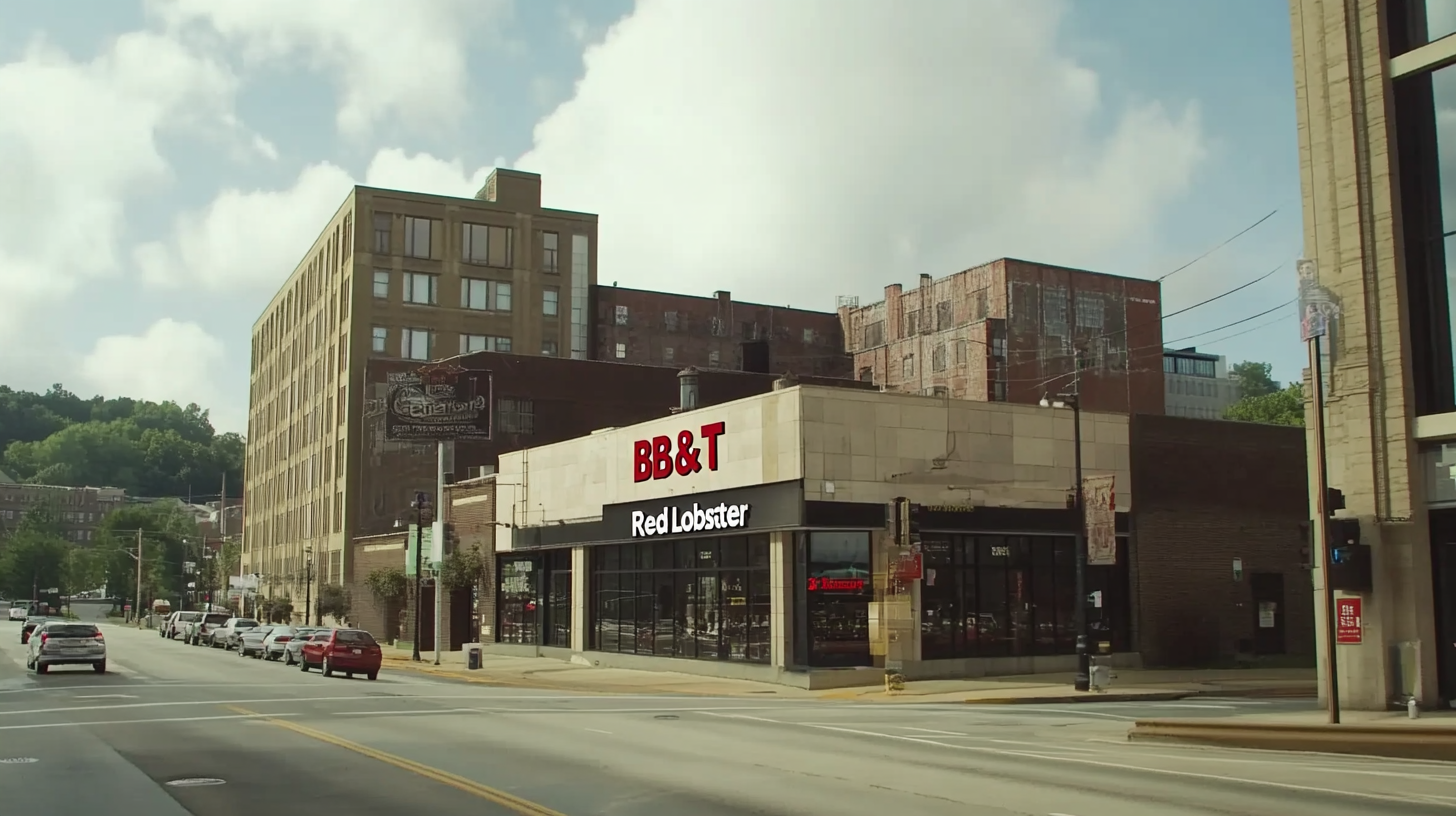An Unexpected Fortune or a Costly Mistake?
Imagine checking your bank account and discovering an unexpected $120,000 deposit. It sounds like a dream come true, right? For Robert and Tiffany Williams from Montoursville, Pennsylvania, this dream quickly turned into a legal nightmare. What started as an accidental windfall ended with felony charges and a stark reminder about the consequences of spending money that isn’t yours.
The Accidental Deposit
On May 31, 2019, a teller at BB&T Bank accidentally transferred $120,000 into the Williamses’ account due to a simple clerical error. The funds were meant for a business account but landed in the couple’s personal account instead. Rather than reporting the mistake, the couple chose to indulge in a spending spree.
According to CNN, the Williamses began withdrawing the money almost immediately, initiating a spree that lasted several weeks.
The Spending Spree
Within days, the Williamses had spent over $100,000 on various items, including:
In addition to these big-ticket purchases, they paid off outstanding bills and even distributed $15,000 to friends. Tiffany reportedly told friends, “It felt like hitting the lottery without buying a ticket.”
The Bank Discovers the Error
By June 20, BB&T Bank identified the error and reached out to Tiffany Williams. A bank representative explained the deposit was accidental and requested the funds be returned. Initially, Tiffany assured the bank they would arrange repayment, but soon after, the couple ceased all communication.
When it became clear the Williamses had no intention of returning the money, the bank contacted law enforcement. According to ABC News, this led to a swift police investigation.
Legal Trouble Begins
Robert and Tiffany Williams were arrested and charged with felony theft and receiving stolen property. During police interviews, they admitted knowing the money wasn’t theirs but claimed they thought it was a “bank error in their favor,” assuming the bank would handle it without involving the police.
Their attorney, George Lepley, stated, “They didn’t think it would lead to criminal charges. They genuinely believed the bank would correct the mistake without legal consequences.”
Community Reactions
Neighbors expressed disbelief at the couple’s actions. Nate Weaver, a Montoursville resident, remarked, “I can’t believe anyone would think they could get away with that. Banks track everything. Just because it’s in your account doesn’t mean it’s yours.”
Another neighbor, Robert Painton, added, “I would’ve called the bank right away. That’s just common sense. It’s not your money.”
The Verdict and Consequences
In court, prosecutors emphasized that “finding money in your account that doesn’t belong to you and spending it is theft.” Despite their claims of misunderstanding, the law was clear: the money was not theirs to spend.
The Williamses pled guilty to felony theft charges and were sentenced to probation with an order to repay the funds. Authorities seized their assets, including the vehicles and camper, to recover some of the money.
Key Lessons from the Case
This case highlights both legal and ethical considerations when it comes to accidental bank deposits. Financial experts stress:
Final Thoughts
The story of Robert and Tiffany Williams serves as a cautionary tale about the dangers of spending money that doesn’t belong to you. While the temptation of “free money” might be strong, the legal consequences can be severe. The takeaway? If it’s not yours, don’t spend it.
